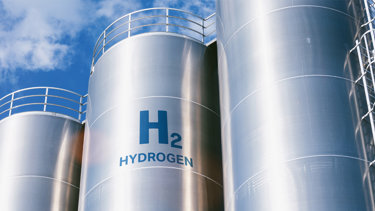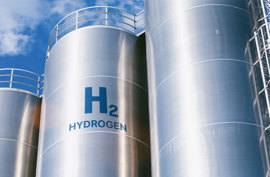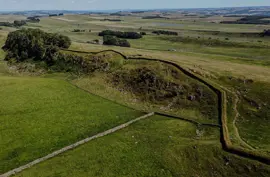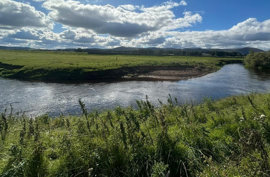Assessing New Zealand’s hydrogen feasibility as part of their journey towards a decarbonised future
Case study
Framing the challenge
First Gas faced a critical challenge: assessing the feasibility of converting its existing natural gas network to transport hydrogen. This detailed investigation aimed to explore several key factors.
- Determine how the current infrastructure could accommodate hydrogen
- Evaluate the suitability and resilience of network materials
- Asses network capacity for hydrogen transport
- Estimate the costs of generating hydrogen and making the necessary infrastructure upgrades for both natural gas and hydrogen blends and 100% hydrogen transport

This was a pivotal step in aligning with global efforts toward decarbonisation and establishing a sustainable energy system in New Zealand.
Approach and implementation
We adopted a collaborative and comprehensive approach to tackle the challenge. Stakeholder engagement was at the heart of this process, ensuring the study incorporated diverse perspectives and valuable insights.
We launched an extensive stakeholder engagement strategy.
- Workshops and interviews
- A series of interviews and workshops in Wellington and New Plymouth
- Over the course of a week, we interviewed more than 40 individuals across 14 organisations, diving deep into the nuances of the New Zealand energy system
- Two 4-hour workshops were held, attended by 30 participants from 15 different organisations
- Community engagement events
- Organised large scale stakeholder events, gathering approximately 180 people to engage with potential information sources and future users of the hydrogen network
- Scenario development and validation
- Using the collected data, we crafted hydrogen scenarios and held additional meetings with stakeholders to verify the feasibility and robustness of these scenarios
- They modelled these scenarios from economic and physical perspectives to uncover the practical implications of introducing hydrogen into the natural gas grid
The collective effort ensured a detailed, well-informed framework for the study, solidifying its credibility and relevance.
Impact and outcomes
The feasibility study produced a comprehensive analysis of the hydrogen network conversion potential for First Gas.
- Robust insights: By integrating a wide range of stakeholder feedback, the findings reflected real world conditions, making the outcome highly reliable.
- Actionable scenarios: The developed scenarios provided First Gas with clear pathways for infrastructure adaptation, covering economic and physical aspects.
- Strategic advantages: The report positioned First Gas as a proactive leader in the energy transition, equipped with a thorough understanding of the costs, materials, and capacity needed for a hydrogen-powered future.
This project underscores the power of collaboration and strategic planning in driving innovation and sustainability within the energy sector. It serves as a blueprint for addressing similar challenges worldwide.
Latest case studies
 Case study
Case studyAssessing New Zealand’s hydrogen feasibility as part of their journey towards a decarbonised future
 Case study
Case studyUnlocking the potential of biomethane for South West Water
 Case study
Case studyExpert support in identifying and developing Local Resource Options to strengthen water resilience for farmers in Northumberland and Telford
 Case study
Case studySupporting major gas distributer with RIIO-GD2 and GD3 business case submissions
Here to solve your biggest challenges and grow sustainable value
Our expert consultants are available to broaden your thinking, lead transformation, and help you achieve successful outcomes.
Contact our experts

